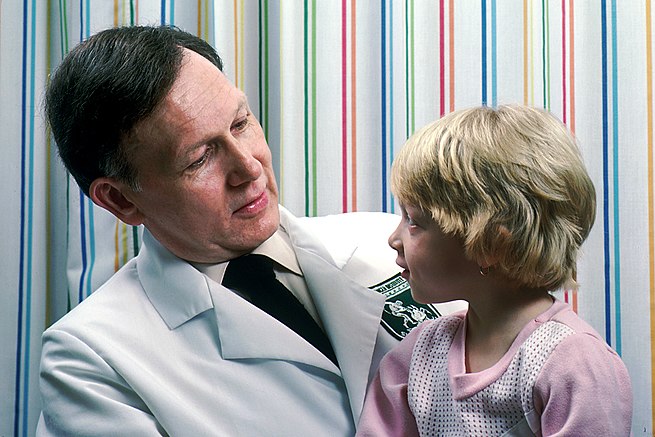
Main Difference
The main difference between Professional and Profession is that the Professional is a person who is paid to undertake a specialized set of tasks and to complete them for a fee and Profession is a vocation founded upon specialized educational training.
-
Professional
A professional is a member of a profession or any person who earns their living from a specified professional activity. The term also describes the standards of education and training that prepare members of the profession with the particular knowledge and skills necessary to perform their specific role within that profession. In addition, most professionals are subject to strict codes of conduct, enshrining rigorous ethical and moral obligations. Professional standards of practice and ethics for a particular field are typically agreed upon and maintained through widely recognized professional associations, such as the IEEE. Some definitions of “professional” limit this term to those professions that serve some important aspect of public interest and the general good of society.
In some cultures, the term is used as shorthand to describe a particular social stratum of well-educated workers who enjoy considerable work autonomy and who are commonly engaged in creative and intellectually challenging work.
-
Profession
A profession is a vocation founded upon specialized educational training, the purpose of which is to supply disinterested objective counsel and service to others, for a direct and definite compensation, wholly apart from expectation of other business gain. The term is a truncation of the term “liberal profession”, which is, in turn, an Anglicization of the French term “profession libérale”. Originally borrowed by English users in the 19th century, it has been re-borrowed by international users from the late 20th, though the (upper-middle) class overtones of the term do not seem to survive retranslation: “liberal professions” are, according to the European Union’s Directive on Recognition of Professional Qualifications (2005/36/EC) “those practiced on the basis of relevant professional qualifications in a personal, responsible and professionally independent capacity by those providing intellectual and conceptual services in the interest of the client and the public”.
Medieval and early modern tradition recognized only three professions: divinity, medicine, and law – the so-called “learned professions”.
Major milestones which may mark an occupation being identified as a profession include:
an occupation becomes a full-time occupation
the establishment of a training school
the establishment of a university school
the establishment of a local association
the establishment of a national association of professional ethics
the establishment of state licensing laws
Applying these milestones to the historical sequence of development in the United States shows surveying achieving professional status first (note that George Washington, Thomas Jefferson, and Abraham Lincoln all worked as land surveyors before entering politics), followed by medicine, actuarial science, law, dentistry, civil engineering, logistics, architecture and accounting.
With the rise of technology and occupational specialization in the 19th century, other bodies began to claim professional status: mechanical engineering, pharmacy, veterinary medicine, psychology, nursing, teaching, librarianship, optometry and social work, each of which could claim, using these milestones, to have become professions by 1900.
Just as some professions rise in status and power through various stages, others may decline. Disciplines formalized more recently, such as architecture, now have equally long periods of study associated with them.
Although professions may enjoy relatively high status and public prestige, not all professionals earn high salaries, and even within specific professions there exist significant inequalities of compensation; in law, for example, a corporate/insurance defense lawyer working on a billable-hour basis may earn several times what a prosecutor or public defender earns.
-
Professional (noun)
A person who belongs to a profession
-
Professional (noun)
A person who earns their living from a specified activity
-
Professional (noun)
A reputation known by name
-
Professional (noun)
An expert.
-
Professional (adjective)
Of, pertaining to, or in accordance with the (usually high) standards of a profession.
-
Professional (adjective)
That is carried out for money, especially as a livelihood.
-
Professional (adjective)
Expert.
-
Profession (noun)
A promise or vow made on entering a religious order.
“She died only a few years after her profession.”
-
Profession (noun)
A declaration of belief, faith or of one’s opinion.
“Despite his continued professions of innocence, the court eventually sentenced him to five years.”
-
Profession (noun)
An occupation, trade, craft, or activity in which one has a professed expertise in a particular area; a job, especially one requiring a high level of skill or training.
“My father was a barrister by profession.”
-
Profession (noun)
The practitioners of such an occupation collectively.
“His conduct is against the established practices of the legal profession.”
